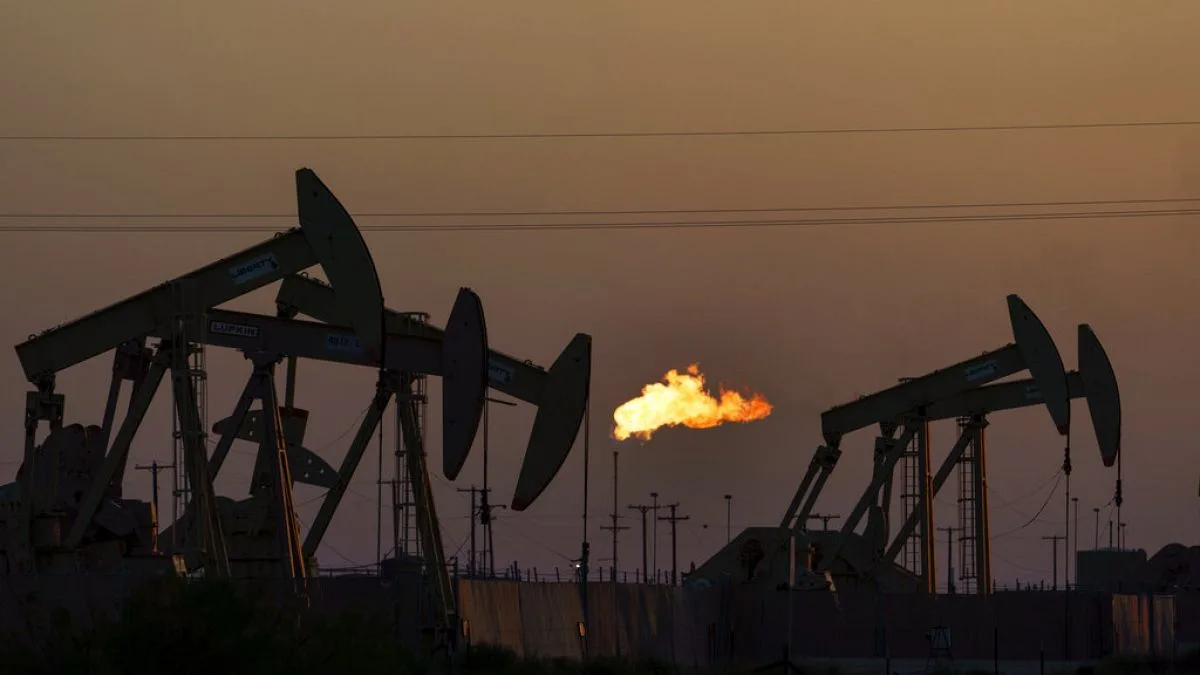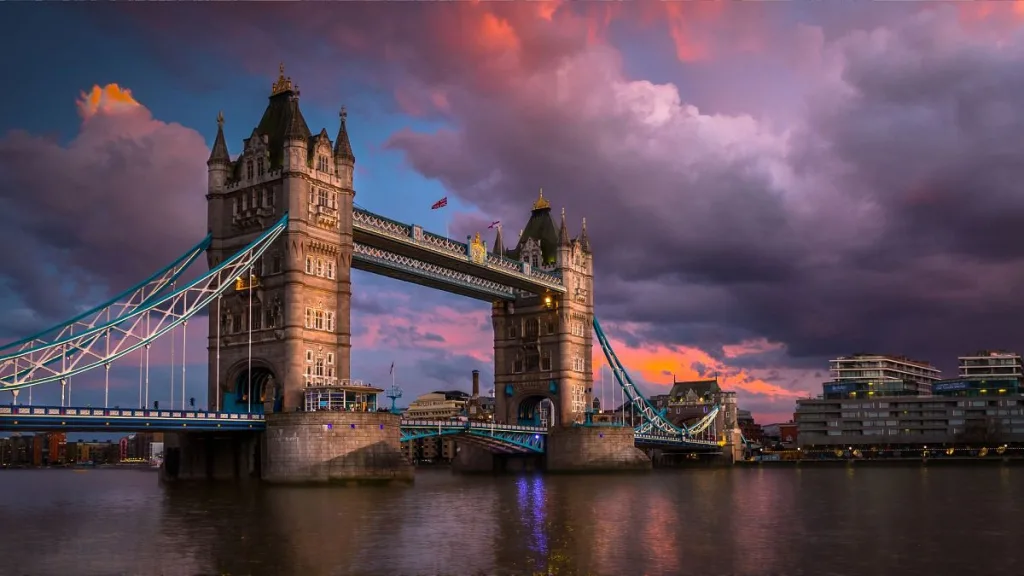The European Union (EU) has finalized its negotiating position in anticipation of vital UN climate discussions scheduled for next month in Baku. EU leaders emphasized the interconnectedness of these negotiations with ongoing efforts to combat ecosystem degradation and prevent extensive regions, including parts of Europe, from becoming desertified.
In a meeting just weeks before the COP29 climate summit, EU environment ministers expressed a collective commitment to strive for the goal of limiting global temperature rise to 1.5°C above pre-industrial levels.
Despite this ambition, environmental activists and NGOs raised concerns about the lack of clear timelines for phasing out fossil fuels and the absence of solid commitments regarding funding necessary for renewable energy sources.
Climate change is being recognized as an “existential threat” to humanity, ecosystems, and global security, affecting every country and region. This consensus emerged from the conclusions of an EU Council summit, which concluded recently in Luxembourg.
The 1.5-degree target is an aspirational benchmark established in the 2015 Paris Agreement, where nearly 200 nations committed to avoiding a global temperature increase beyond 2°C. Due to observable climate changes that are impacting Europe at an accelerated rate, there is increasing focus on achieving this more ambitious target.
Ministers articulated their “deep concern” regarding the escalating frequency and severity of extreme weather events such as heatwaves, wildfires, droughts, and floods globally. They highlighted the urgent need to fortify the global response to the climate crisis during this critical decade.
Additionally, they stressed that taking climate action need not compromise economic growth. By investing in education, science, innovation, and green jobs, societies can transition toward a sustainable economic model that benefits all.
As the summit approached, Finland’s environment minister, Kai Mykkanen, underscored the importance of the EU sending a “clear signal” about phasing out fossil fuels and suggested setting a target for a 90% reduction in emissions by 2040. He noted, “At COP29 in Baku, we must also explore ways to expand the base of contributors to climate financing.”
Although environment ministers expressed support for the UAE Consensus from last year’s COP in Dubai, calling for a swift and equitable transition to climate-neutral economies, they did not set any definitive timelines to phase out fossil fuels.
As parties to the Paris Agreement are expected to submit updated pledges by February, climate advocates are hopeful that many will announce ambitious new commitments at COP29 in Baku.
Chiara Martinelli, director of Climate Action Network (CAN) Europe, stated, “The EU’s upcoming Nationally Determined Contribution (NDC) must specify phase-out dates: coal by 2030, gas by 2035, and oil by 2040 at the latest for a strong signal in Baku.”
The NGO coalition voiced apprehension about significant gaps ahead of the summit, particularly regarding increasing financing for the transition to renewable energy and adapting to climate impacts already being experienced.
Martinelli added, “While the EU’s commitment to phasing out fossil fuels is appreciated, it lacks substance without adequate financial support for developing nations. Profits from fossil fuels must be redirected to elevate climate action in the countries that most need it.”
Last week, EU finance ministers confirmed their ongoing commitment to contribute their share of the annual $100 billion aimed at assisting developing nations tackle climate change. They also advocated for a broader contributor base, involving countries like China, which have seen significant economic growth since the UN Framework Convention on Climate Change was established in 1992.
The willingness of emerging economies, particularly BRICS nations, to contribute to addressing the repercussions of earlier industrial growth and colonialism will be a critical challenge for EU negotiators during talks starting on November 11. However, this is not the only uncertainty leading up to COP29.
In the lead-up to the summit, U.S. citizens will cast their votes and might-elect a president, Donald Trump, who previously withdrew from the Paris Agreement and has indicated he would do so again, distancing the U.S. from the other 194 states that have ratified the accord.
The Baku climate summit will coincide with upcoming UN biodiversity discussions set to begin on October 21 in Cali, Colombia, followed by a meeting in December of parties to the United Nations Convention to Combat Desertification (UNCCD).
The EU Council has acknowledged the “interconnected crises of climate change, biodiversity loss, and pollution, alongside desertification, soil and ocean degradation, water scarcity, floods, drought, and deforestation, which present a global threat to sustainable development.”
Photo credit & article inspired by: Euronews



